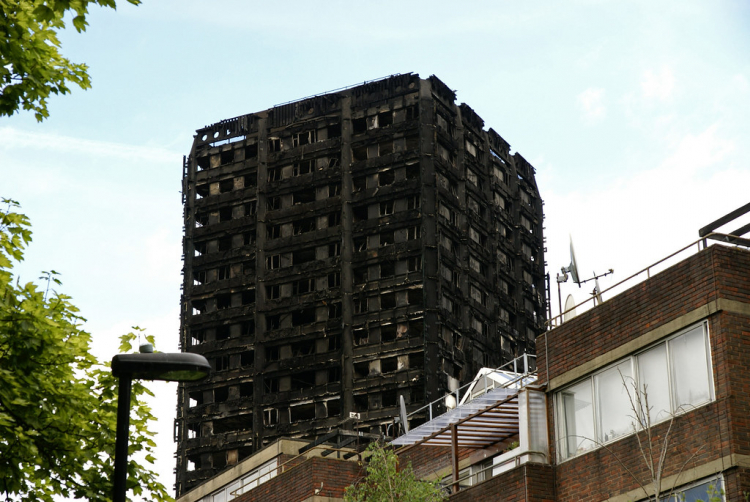Building Safety Bill introduced to House of Commons

The Ministry of Housing published its Building Safety Bill in July in an effort to “overhaul regulations, creating lasting generational change, setting out a clear pathway on how residential buildings should be constructed, maintained and made safe”.
The Bill will bring additional requirements for building owners to manage safety risks, adding clear lines of responsibility for safety during design, construction, completion and occupation of high-rise buildings.
A key feature of the legislation will be the introduction of a ‘golden thread’ of information, a digital document updated throughout the life of each building. The government said building owners “will need to demonstrate that they have effective, proportionate measures in place to manage safety risks”. Criminal charges can be brought against those who do not meet their obligations.
James Dalton, director of general insurance at the Association of British Insurers (ABI), welcomed the Bill with the Association having long called for “fundamental reform” of building safety regulations.
“Our industry has a crucial role to play in driving reform, and we are totally committed to working with the Government and other stakeholders on these vital reforms,” Dalton said.
He added, however, that the Bill could go further and the ABI want to see the height limits removed or adjusted so the requirements would apply to more buildings.
“While there is much to support in this Bill, such as the establishment of a Building Safety Regulator and construction products regulations, we want to see its scope extended beyond buildings over 18 metres high,” Dalton said. “Fire risk consideration should not be constrained to arbitrary height limits. We will study the Bill’s provisions, including how information on a building’s construction and safety history will be recorded and shared.”
The period in which residents can seek compensation for inadequate construction work is also proposed to being increased from six to 15 years and would be applied retrospectively. As such, residents of a building completed in 2015 could begin proceedings against its developers as late as 2030.
